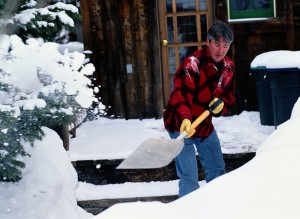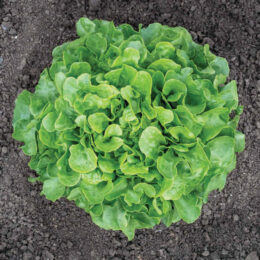 Deicing salts can save your neck this winter, but they can spell disaster for landscape plants. Whether the salt is sprayed on the plants from passing traffic near the road or is shoveled onto plants near the sidewalk, the salt can cause damage.
Deicing salts can save your neck this winter, but they can spell disaster for landscape plants. Whether the salt is sprayed on the plants from passing traffic near the road or is shoveled onto plants near the sidewalk, the salt can cause damage.
Salts can adversely affect plants in several ways. Salts deposited on the surface of twigs, branches and evergreen leaves can cause excessive drying of foliage and roots. They can be taken up by plants and accumulate to toxic levels.
Sodium salts in particular can also cause a nutritional imbalance by changing the chemistry of the soil and harm soil structure.
The most apparent damage is death of buds and twig tips as a result of salt spray. As the tips of the plants die, the plant responds by growing an excessive number of side branches. However, accumulation damage is more slowly manifested and may not be noticeable for many months. Affected plants might show stunting, poor vigor, die back of growing tips, and leaf burn or leaf drop.
The best way to deal with salt damage is to prevent it in the first place. Sodium salts are the most common type used for deicing, since they’re inexpensive and most readily available. Unfortunately, sodium salts are the most likely to cause plant damage. When possible, use alternatives to sodium products, such as calcium chloride or calcium magnesium acetate (CMA).
Protect roadside plants by constructing burlap or durable plastic screens to shield them from traffic splash. If screening from traffic is not practical, try to use salt-tolerant plants such as Juniper, Siberian pea shrub, poplar and honey locust.
Avoid throwing salted sidewalk residue on nearby plants, including shrubs and ground cover. Use alternatives, such as clean cat litter, sand or sawdust, to help improve traction on ice.
For more information on salt damage to landscape plants, see Purdue Extension bulletin ID-412-W.
B. Rosie Lerner is the Purdue Extension consumer horticulturist and a consumer of Tipmont REMC. Questions about gardening issues may be sent to: “Ask Rosie,” Electric Consumer, P.O. Box 24517, Indianapolis, IN 46224, or ec@ElectricConsumer.org.



